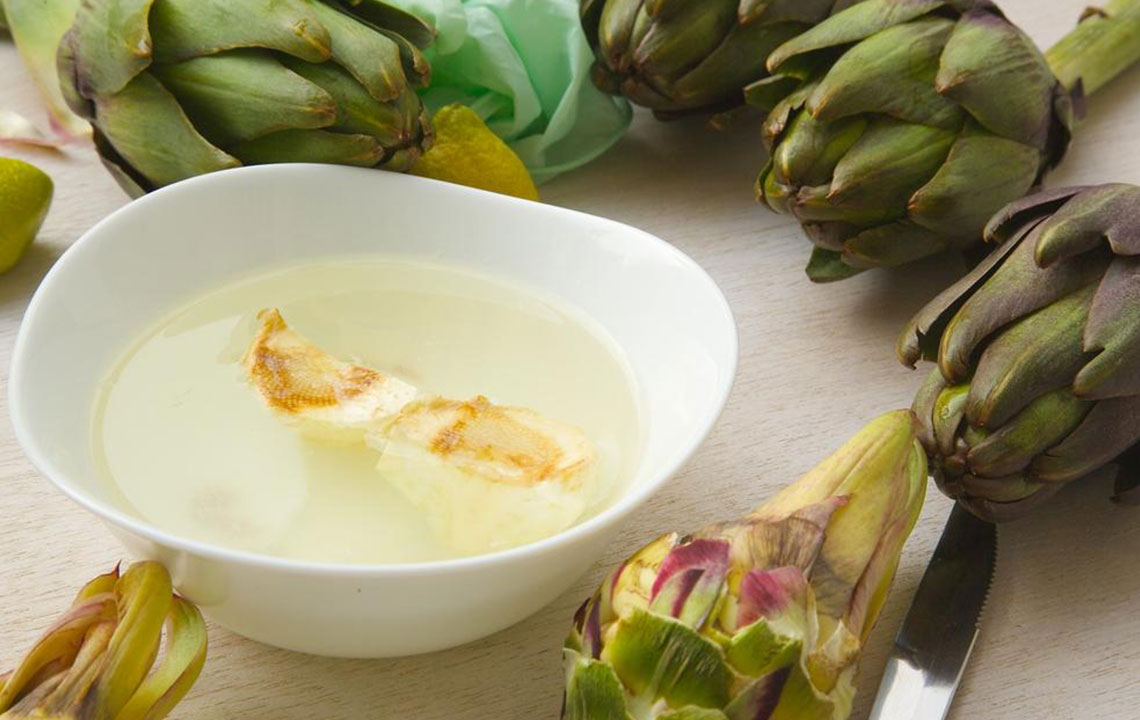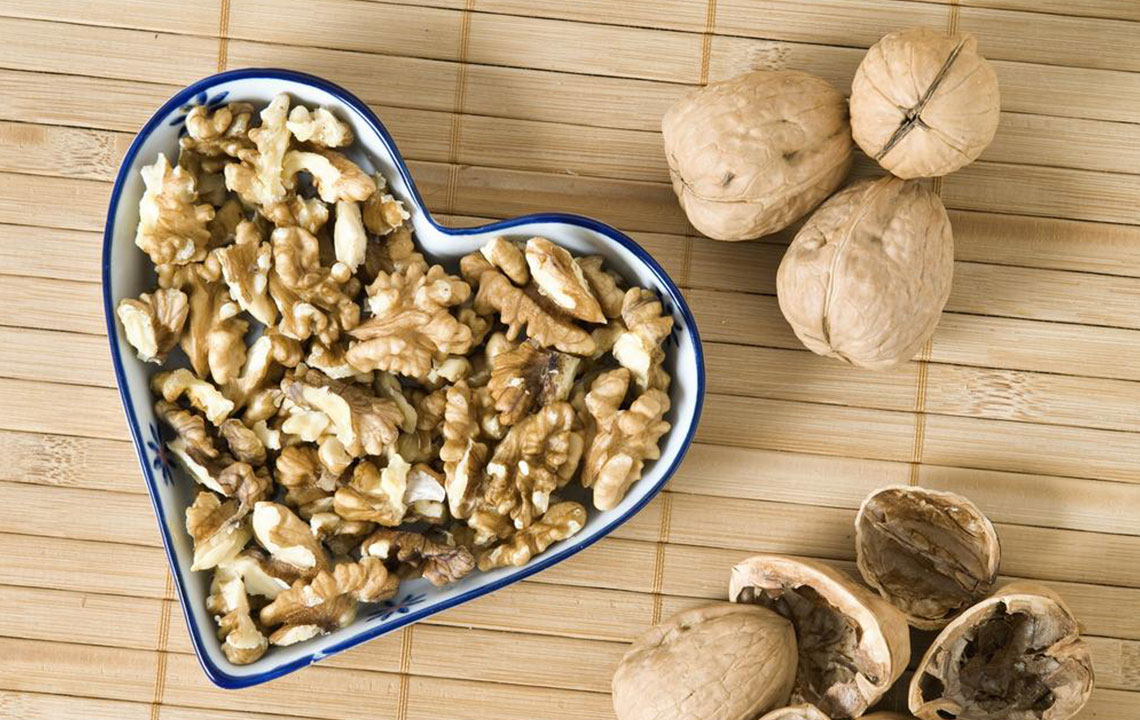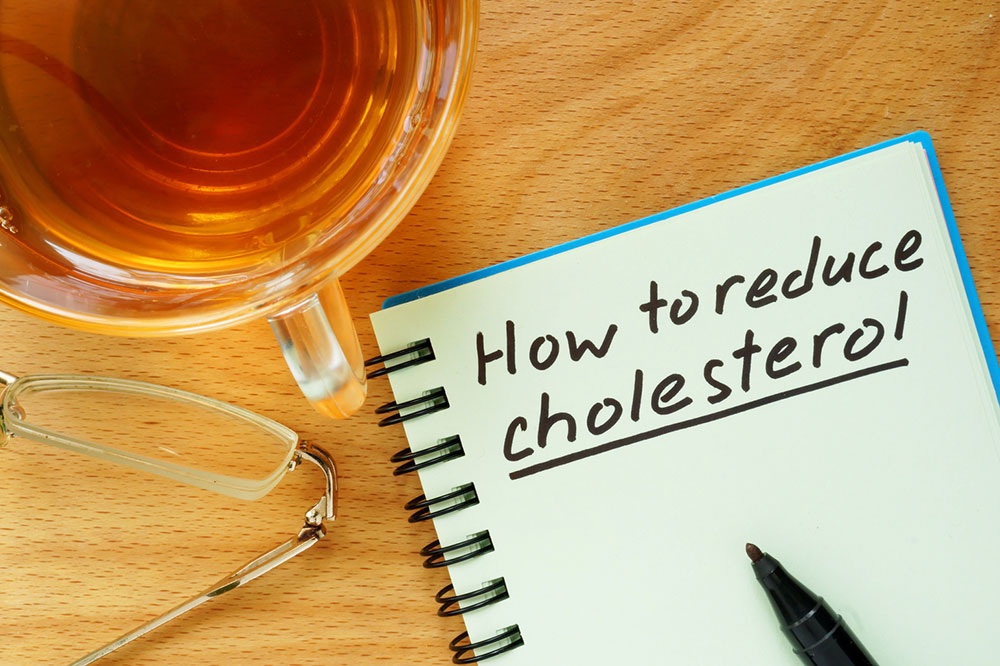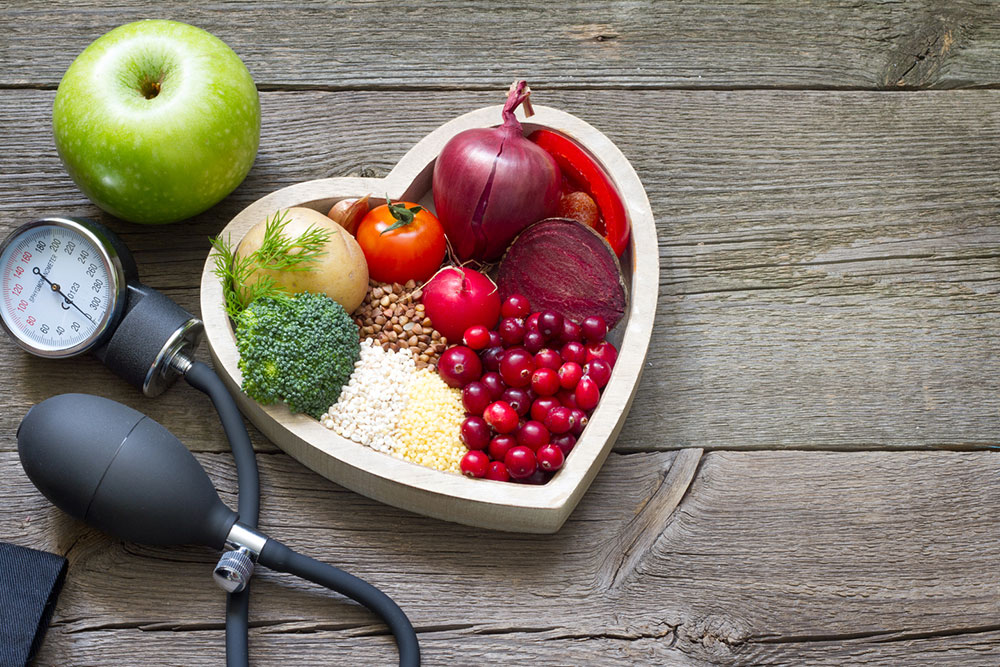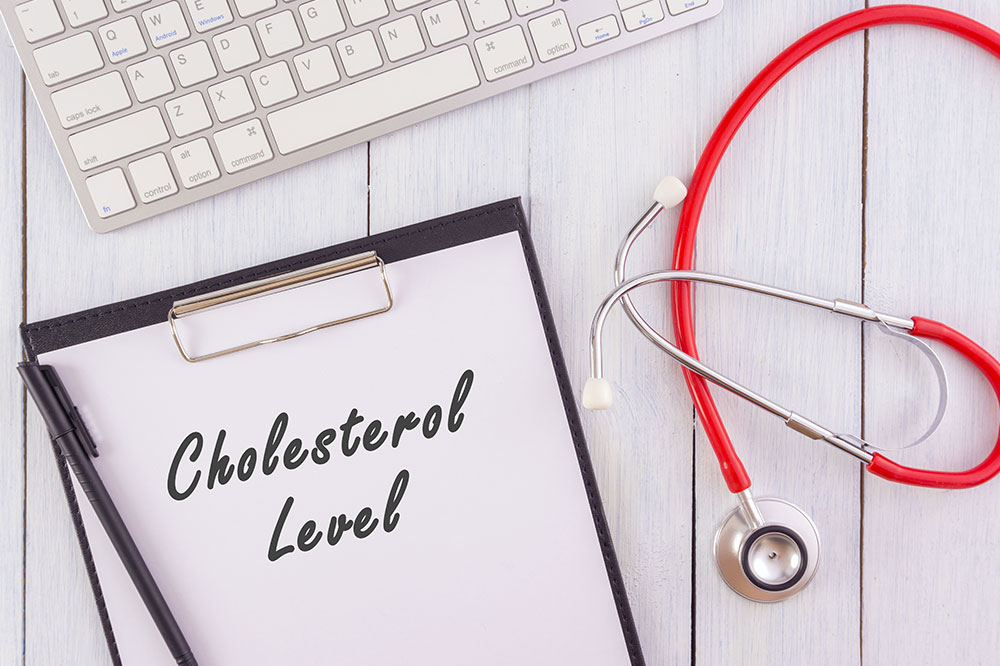Natural and Medical Strategies to Lower Cholesterol Levels
Discover effective natural and medical strategies to lower high cholesterol. Explore alternative medications, dietary recommendations, and exercise routines to help improve heart health naturally and safely, with guidance from your healthcare provider for personalized treatment.
Sponsored
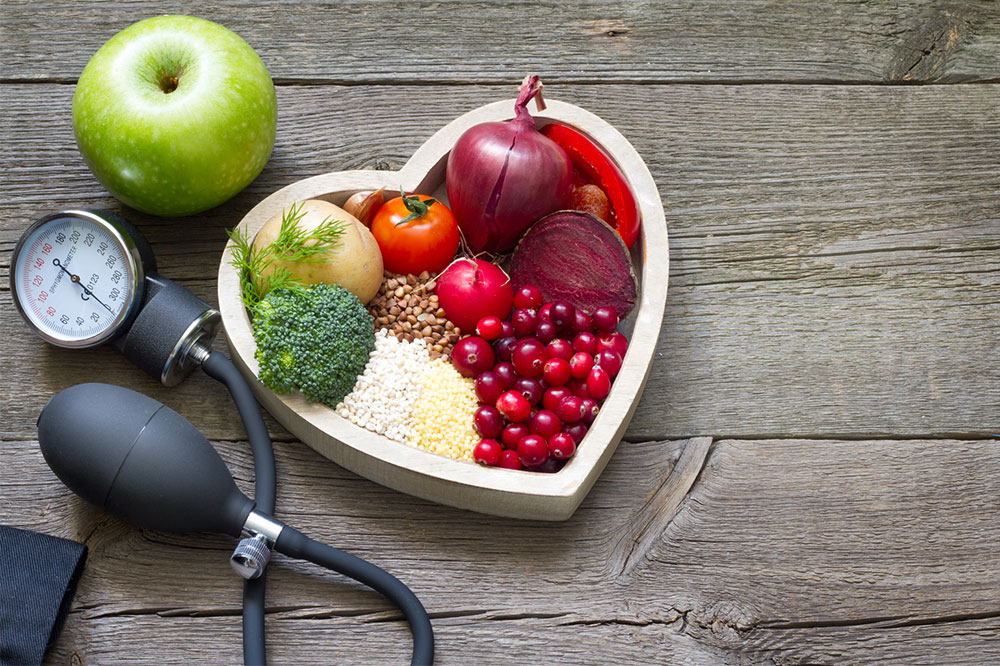
While statins are commonly prescribed to manage elevated LDL cholesterol, their side effects and limited effectiveness in genetic cases call for alternative options. Understanding different treatments and lifestyle adjustments can aid in controlling cholesterol naturally and effectively.
Below are some medication alternatives recommended by healthcare providers to combat high cholesterol.
Medications
Several non-statin drugs can help reduce bad cholesterol.
Bile Acid Resins
They attach to bile acids in the intestines, eliminating them through stool, prompting the liver to absorb more cholesterol, thus lowering LDL levels. Examples include colestipol, cholestyramine, and colesevelam.
Ezetimibe
This medication hinders cholesterol absorption in the small intestine, reducing the cholesterol reaching the bloodstream. It also encourages the liver to extract more cholesterol from circulation, lowering overall levels.
Vitamin B3 (Niacin)
Niacin boosts good HDL cholesterol and decreases triglycerides by inhibiting their synthesis and LDL secretion. While less potent than some drugs, it’s a suitable alternative, especially for those avoiding statins.
Fibrates
Derived from fibric acid, fibrates like gemfibrozil and fenofibrate decrease VLDL production and promote triglyceride removal, aiding in cholesterol management.
Omega-3 Fatty Acids
Omega-3s help raise HDL and lower triglycerides. They can be consumed through fish, flaxseed, or supplements, supporting heart health and cholesterol regulation.
Consult your healthcare provider before starting any new medication, as these options may have side effects or interactions.
Dietary Adjustments
Diet plays a significant role in cholesterol levels. Focus on natural, low-saturated fat foods, and limit processed oils and sugars. Despite myths, healthy fats from natural sources are beneficial. Emphasize foods like:
Spinach
Rich in lutein, spinach helps prevent arterial plaque formation.
Avocado
Contains beta-sitosterol, which reduces cholesterol absorption.
Dark Chocolate
High in antioxidants, dark chocolate (above 70%) supports cardiovascular health.
Olive Oil
A healthy cooking oil that reduces cholesterol absorption.
Legumes
Rich in fiber and monounsaturated fats to lower LDL.
Tea
Antioxidants in tea aid in reducing blood lipids.
Garlic
Contains compounds that prevent arterial plaque buildup.
Red Wine
Rich in antioxidants like resveratrol, in moderation can support heart health.
Oats
Contain beta-glucan, which helps reduce LDL cholesterol.
Regular Exercise
Physical activity is vital in maintaining healthy cholesterol levels. Starting with light activities like walking or gardening and gradually increasing intensity can make a difference. Examples include:
Brisk walking
Jogging and running
Swimming
Cycling
Team sports such as tennis or soccer
Adding strength-training routines can boost metabolism and help burn calories, serving as a natural alternative to medication.
By integrating medication options and lifestyle changes, you can effectively manage your cholesterol and lead a healthier life.

